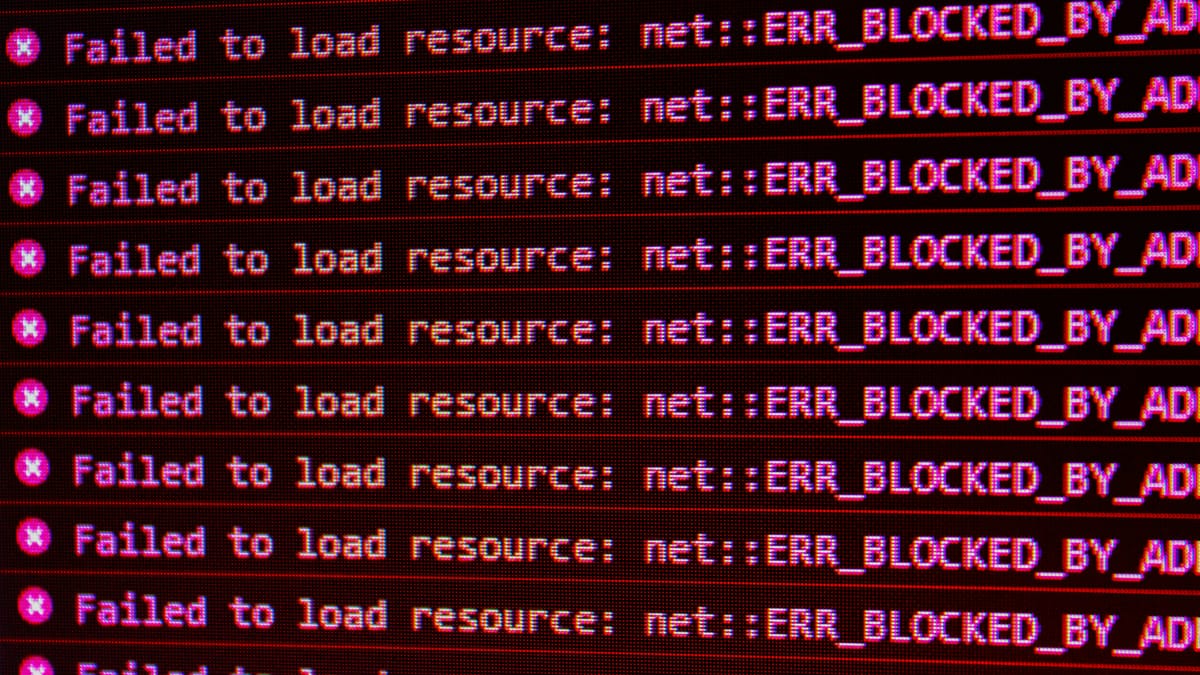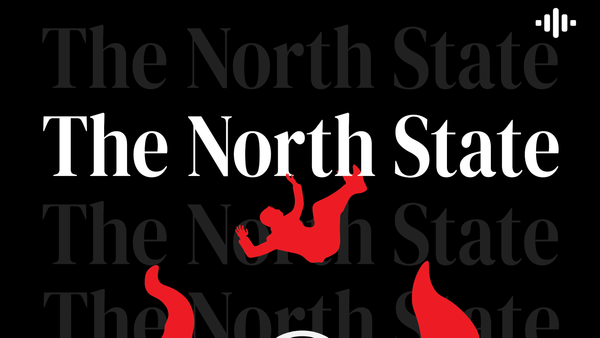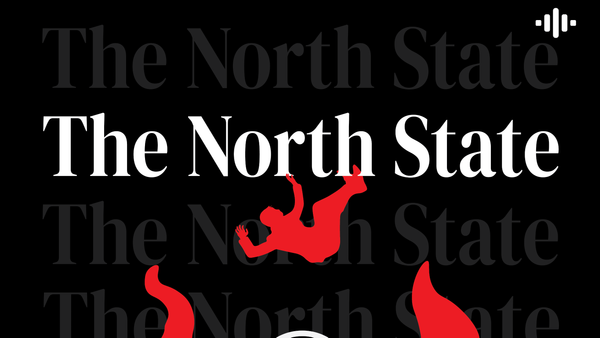News Media Can and Should Refuse to Platform the Far-Right
Belgian policy forbidding far-right parties from speaking directly in media shows wider failure in news

Anyone paying attention to politics in North America and Europe has witnessed an extremely worrying trend. From French Parliamentary elections seeing Marine Le Pen's far-right see significant gains, to the UK's Labour Party's rightward shift, to the resurgence of Donald Trump in the US and the fall of Justin Trudeau here, fascism's gains are ranging from a slow crawl to a full-speed gallop.
News media has played no small part in this lurch to the right. During the 2016 Presidential campaign, CNN and Fox News both saw record-high ratings largely thanks to their reporting on Trump. This disproportionate free advertising helped catapult him to the White House and launch the modern era of capitalist decay we find ourselves living in.
Since 2016, the problem has only gotten worse. Thanks to billionaire investors, CNN has made an active change to shift to the right in its reporting.
News media's collusion, however, goes beyond financial incentives. When the disastrous presidential debate took place between Joe Biden and Trump in June, many rightfully focused on Trump's lies or Biden's inability to form coherent sentences. But Jake Tapper and Dana Bash, the moderators for the debate, abdicated any responsibility to fact-check Trump during the train wreck, even presupposing a right-wing framing for most issues they raised. Catering to the right for profit inevitably influences the ideological approach of news.
However, while CNN makes a good case study in how capitalist news media will pursue profit and concessions with reactionary forces, one policy by a public news outlet in Belgium proves there's an opportunity to stem the far-right tide.
In Wallonia, the Francophone area of Belgium, the public broadcaster RTBF uses a policy known as the "cordon sanitaire" to block reactionary parties from access to news media.
The "cordon sanitaire" has been use in Belgium since 1989. Originally, it was an approach by mainstream political parties to exclude the far-right Vlaams Blok party. But this policy has also extended to Belgium's media institutions, specifically in the southern province of Wallonia.
Francois Debras, a political science professor at Liege University, described the news media's use of the "cordon sanitaire" to Euractiv. "Reporters don’t hold out their microphones to them, which prevents the extreme-right parties from being heard in prime time and becoming known to the majority of the Walloons."
Officially, as DW describes it, the Belgian policy targets "any extremist group that espouses illiberal ideology." While it has only been applied to the far-right, there has been an ongoing discussion of its use against left-wing parties, as well. In the political realm, there's been pressure to implement the policy against the PVDA (Workers' Party of Belgium).
Predictably, there's also been some whinging about how the "cordon sanitaire" is "unfair" to fascists. This viewpoint even takes up a sizable chunk of the article from DW that was quoted earlier. Of course, there's no reason to take this seriously, as self-victimization and a faux-concern over free speech are the bread and butter of neofascist movements.
Regardless of the criticisms, however hollow they may be, this is a policy that could easily be implemented by public broadcasters to starve reactionary forces of traditional avenues to broadcast their propaganda. Why, then, is it not being used by any of our news media?
A large part of this refusal has been outlined at the beginning of this article. Broadcasting and disseminating reactionary talking points is profitable to many institutional news agencies like CNN. Secondly, the outcry from reactionary forces to a full-on blocking of broadcasting their beliefs would be deafening. Decades of free speech absolutist talking points and any refusal to uncritically relay the right's polemics being painted as communist censorship has primed people for outrage. It doesn't matter that a "cordon sanitaire" could seriously hinder the progression of fascism and its untold damage to political systems and lives. What matters is the right's feelings. After all, the ideology of the ruling class takes priority.
Our news media will not accept a blanket ban on "illiberal" ideologies. But the "cordon sanitaire's" use in Belgium shows what could be possible if liberalism were, as a whole, committed to the combating of fascism. As it stands, it's simply the exception that proves the rule.
It's extremely unlikely that a news media deplatform in North America would principally be applied to the right-wing. Far more likely is that it would disproportionately be applied against any critical voices from the left. Right-wing capturing of news outlets has shown that there is little incentive for any serious objection to the far-right's electoral rise, or their dismantling of liberal democracy. The financial incentives of breathlessly covering their tactics actually discourage this, even if those who run the outlet aren't explicitly conservative.
Meanwhile, fascists that whinge and complain about being deplatformed in Wallonia are forced to solely focus on their online presence in order to spread their ideology. It's not a silver bullet, as combating fascism will require a complete change of the system. But it's an easy policy that can be widely implemented at a moments notice if that was the goal of our news media.
Since it's not being used, that should tell you something.





